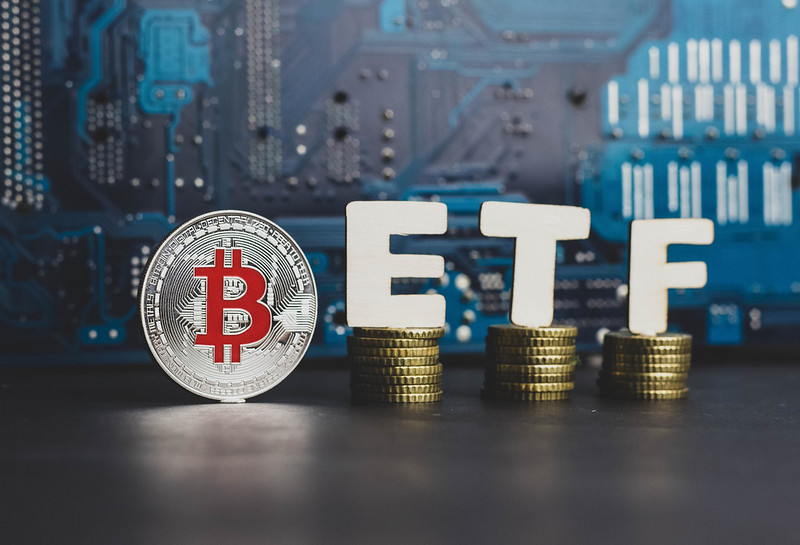FinCEN, a bureau of the United States Department of the Treasury, is going to launch an exchange program focused on cryptocurrencies to help facilitate engagement with the industry.
Speaking at the 2018 Chicago-Kent Block (Legal) Tech Conference, FinCEN director Kenneth Blanco discussed FinCEN’s approach towards cryptocurrencies and financial innovation and the past and present efforts to protect the financial system from bad actors.
He said that FinCEN is working closely with other regulatory agencies including the SEC and the CFTC for coordinated policy development and regulatory approaches on cryptocurrencies as well as initial coin offerings (ICOs).
“FinCEN, and our partners at the SEC and CFTC, expect businesses involved in ICOs to meet all of their AML/CFT obligations. We remain committed to taking appropriate action when these obligations are not prioritized, and the U.S. financial system is put at risk,” Blanco said.
Further pointing out the success of Suspicious Activity Reports (SARs), he said that FinCEN receives more than 1,500 SARs per month “describing suspicious activity involving virtual currency, with reports coming from both MSBs in the virtual currency industry itself and other financial institutions.” Blanco emphasized that SAR reporting is of critical importance to FinCEN’s work in the crypto space to help identify emerging threats and typologies.
“We also are actively working to develop information sharing programs to help the financial services sector defend itself from these threats—programs like FinCEN Exchange and other cyber defense programs offered by the Treasury. We are in the process of setting up a virtual currency-focused FinCEN Exchange program with the private sector and law enforcement, which will provide a platform for all of us to engage with industry developments, concerns, and share risks and threats that we are seeing,” he added.
In conclusion, Blanco said that FinCEN will continue to update its guidance on emerging technology, such as virtual currency, in close dialogue with industry, in order to improve its understanding of both the risks and the clarity that is needed to support responsible innovation.
<Copyright ⓒ TokenPost, unauthorized reproduction and redistribution prohibited>



























Comment 0